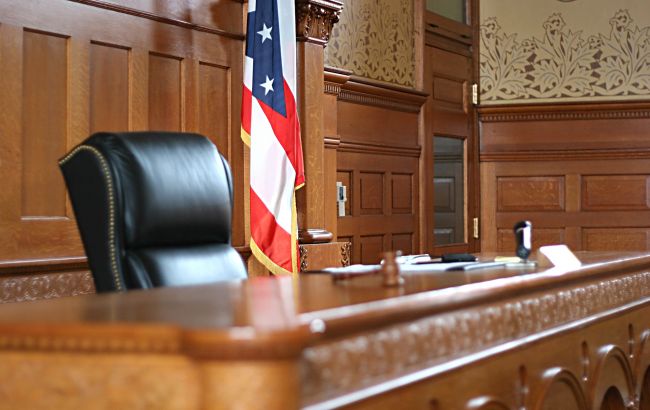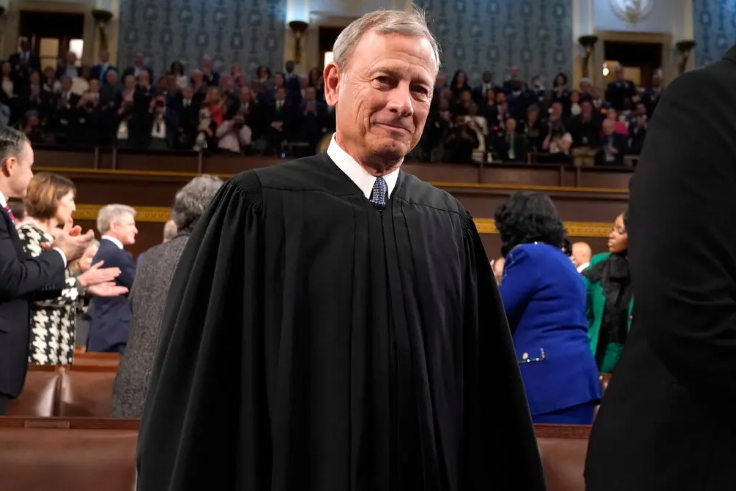U.S. Chief Justice weights pros and cons of using AI in courts
 U.S. Chief Justice weights pros and cons of using AI in courts (Getty Images)
U.S. Chief Justice weights pros and cons of using AI in courts (Getty Images)
U.S. Supreme Court Chief Justice John Roberts shared his thoughts on artificial intelligence (AI) in a recent year-end report, describing it as a double-edged sword for the legal field. He stressed the need for caution and "humility" as AI transforms how judges and lawyers operate, Reuters and The New York Times report.
Roberts acknowledged AI's potential to improve access to justice, streamline legal research, and speed up case resolution.
"AI obviously has great potential to dramatically increase access to key information for lawyers and non-lawyers alike...For those who cannot afford a lawyer, AI can help. It drives new, highly accessible tools that provide answers to basic questions, including where to find templates and court forms, how to fill them out, and where to bring them for presentation to the judge," the report reads.

U.S. Supreme Court Chief Justice John Roberts (The New York Times)
However, he also pointed out privacy concerns and the technology's inability to fully replicate human judgment. "Its many forms and applications include the facial recognition we use to unlock our smartphones and the voice recognition we use to direct our smart televisions," it says, adding that "machines cannot fully replace key actors in court."
While predicting the continued presence of human judges, Roberts expressed confidence that AI would significantly impact judicial work, particularly at the trial level. He highlighted examples where AI-generated errors, known as "hallucinations," caused lawyers to reference non-existent cases in court papers.
"One of AI’s prominent applications made headlines this year for a shortcoming known as “hallucination,” which caused the lawyers using the application to submit briefs with citations to non-existent cases," the report states.
The chief justice cited recent cases, including one involving Michael Cohen, where lawyers unintentionally included AI-generated content in official court filings. In response to such challenges, a federal appeals court in New Orleans proposed a rule requiring lawyers to confirm whether they used AI programs and ensure human review of AI-generated text in court filings.
Rising of AI technology
About a year ago, OpenAI company introduced ChatGPT, an AI-powered chatbot that allows users to get almost all requested data. It is a revolutionary technology, as ordinary users implement artificial intelligence in their everyday lives.
It also triggered a wave of similar developments, including Google Bard, Google Gemini, and Samsung's AI Gauss. However, some concerns arose around the shift in working forces, as millions of employees became replaceable or unnecessary.

